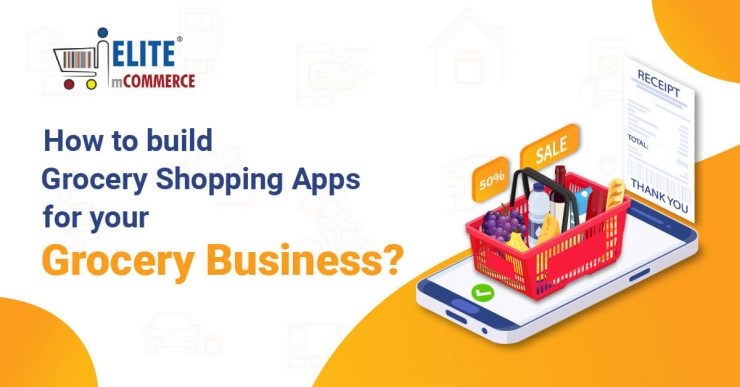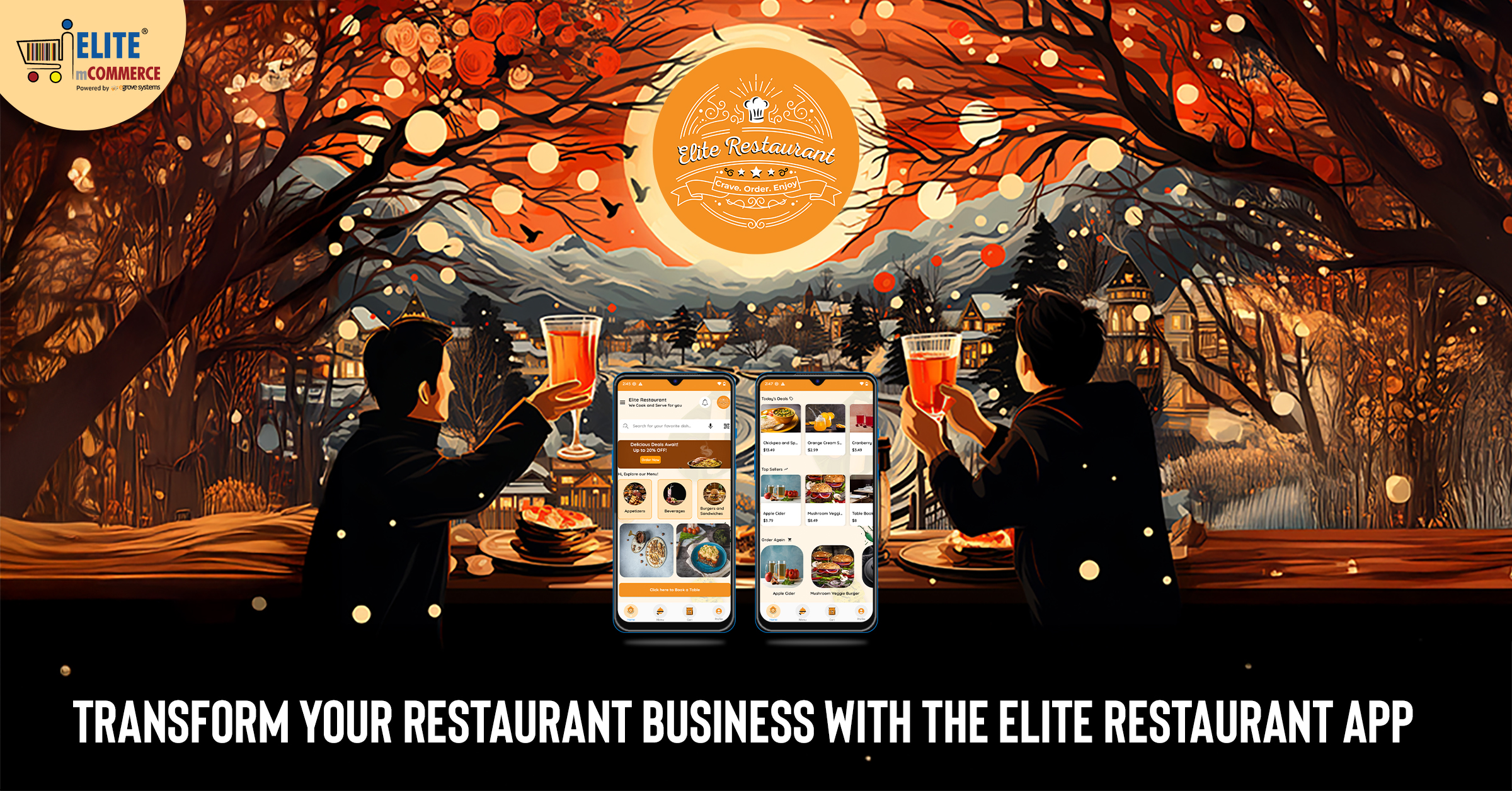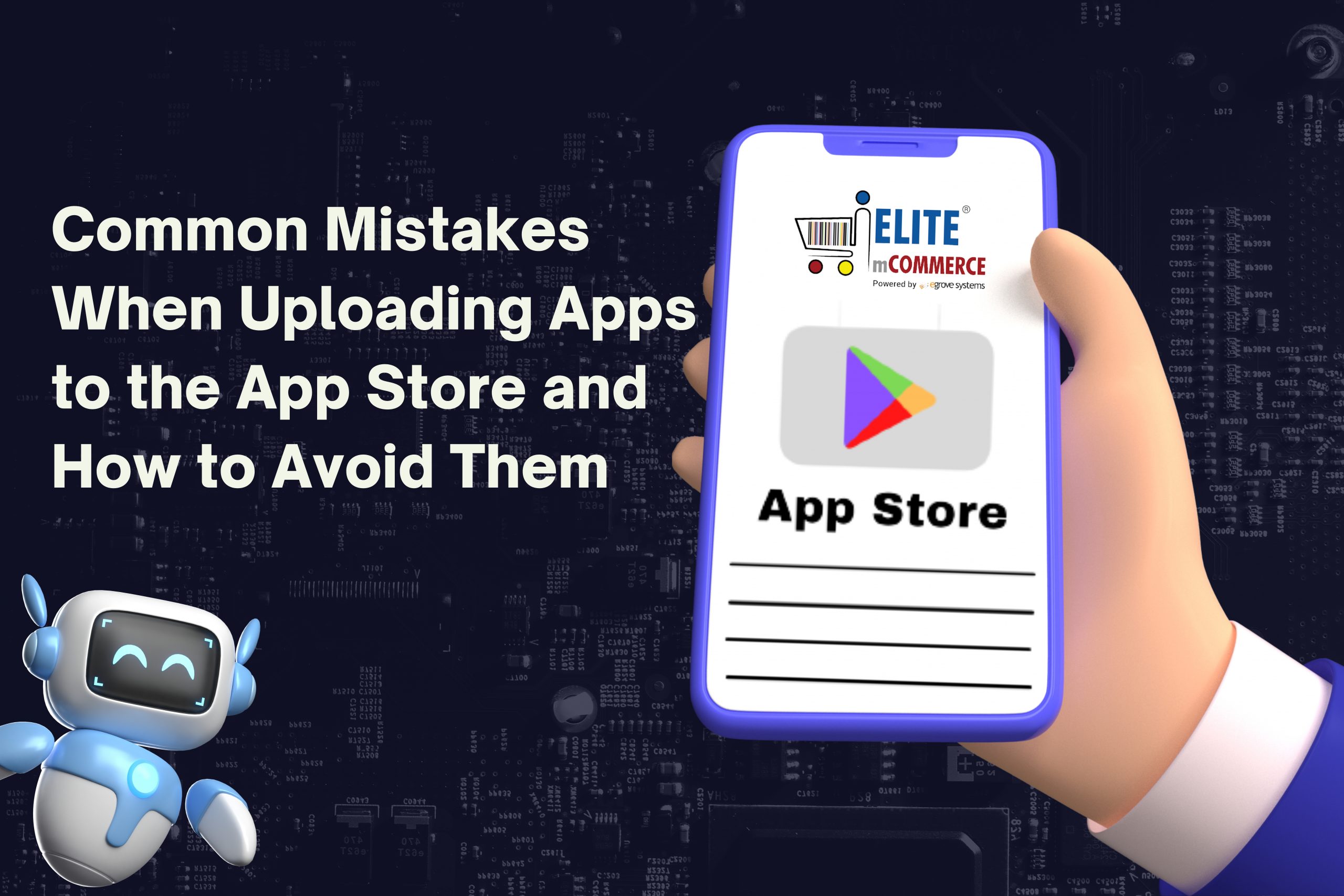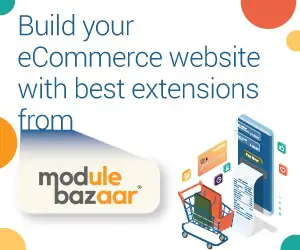Grocery shopping online is the latest trend that is loved by shoppers and supports local businesses. Building a grocery shopping app for your grocery business is not out of reach. Apps like Instacart have proved that customers are willing to order online and get groceries delivered. The next step is for grocery stores to build their own mobile grocery delivery app. Here is how stores can go about building a grocery shopping app.
Choose an App Solution:
Grocery delivery and pickup sales have peaked in the last two years. The U.S. online grocery market went from $2 billion in August 2019 to as high as $9 billion in March 2021, and has stabilized at $6.7 billion in July 2021, per the BrickMeetsClick/Mercatus survey. The pandemic has introduced many new customers to online grocery ordering. This includes a variety of solutions including third-party services like Instacart, online-first like Amazon Fresh, and direct delivery from popular supermarkets.
While Instacart had an advantage during the pandemic, as of June 2021, Walmart has caught up with 48% of observed grocery sales per Second Measure, compared to Instacart now at 45%. This shows that direct sales has an advantage over third-party apps. Nearly any store can create their own grocery delivery app that offers online browsing, purchasing, and delivery. Building your own app offers more control over the layout, product listings, and delivery services, plus lower costs to the customer.
Offer Delivery and Pickup:
Fast, high-quality delivery and pickup services are essential to online sales. Some customers may prefer the convenience of home delivery, while others may want to shop online and pick up their orders in store to avoid paying delivery fees. Grocery delivery can be offered affordably by setting delivery time windows that the customer can choose within the store’s operating hours. Customers can choose when they are available at home or set up contactless delivery. Customers also like on-demand delivery when possible–according to Instacart, 85% of customers chose two-hour delivery over five-hour delivery or scheduled delivery options when it was made available.
Integrate Inventory:
Selling groceries online isn’t worth it if a store’s full inventory can’t be listed online easily without causing more complications. Integrating a store’s inventory management and point-of-sale
systems with a mobile grocery sales app is vital. That way, any new product that comes into the store can be placed for sale online immediately, and store managers will have the information needed to know when to restock. All sales received from online sales channels can be tracked alongside physical sales, so operating one side of the business doesn’t get in the way of the other.
Read also: The Best Grocery Delivery Apps of 2021
Recruit your customers:
Getting your customers on-board with your grocery delivery app is what will make the app a success. Both current customers and other shoppers in the delivery range may download a grocery shopping app for convenience and service. Once the app is developed and launched, promote it in your store and encourage customers to download it with special offers and deals. Integrate your loyalty program to give customers a reason to shop online. Customers can check their loyalty points online on-the-go, giving them more reasons to shop with a certain store.
Final Thoughts:
Building an e-commerce mobile app is crucial to giving convenience to customers and increasing sales. Choose a mobile app solution that offers a clean, attractive layout that’s easy to browse the grocery store’s inventory. Features such as cart management, social sharing, and deep linking can make it easier for customers to shop and find items they like.
Managing and updating a mobile app can be done flexibly by store staff without requiring programming expertise. With this in mind, there should be no obstacles to building a grocery delivery app for a grocery store. Get started today and sell your groceries online!









Add comment